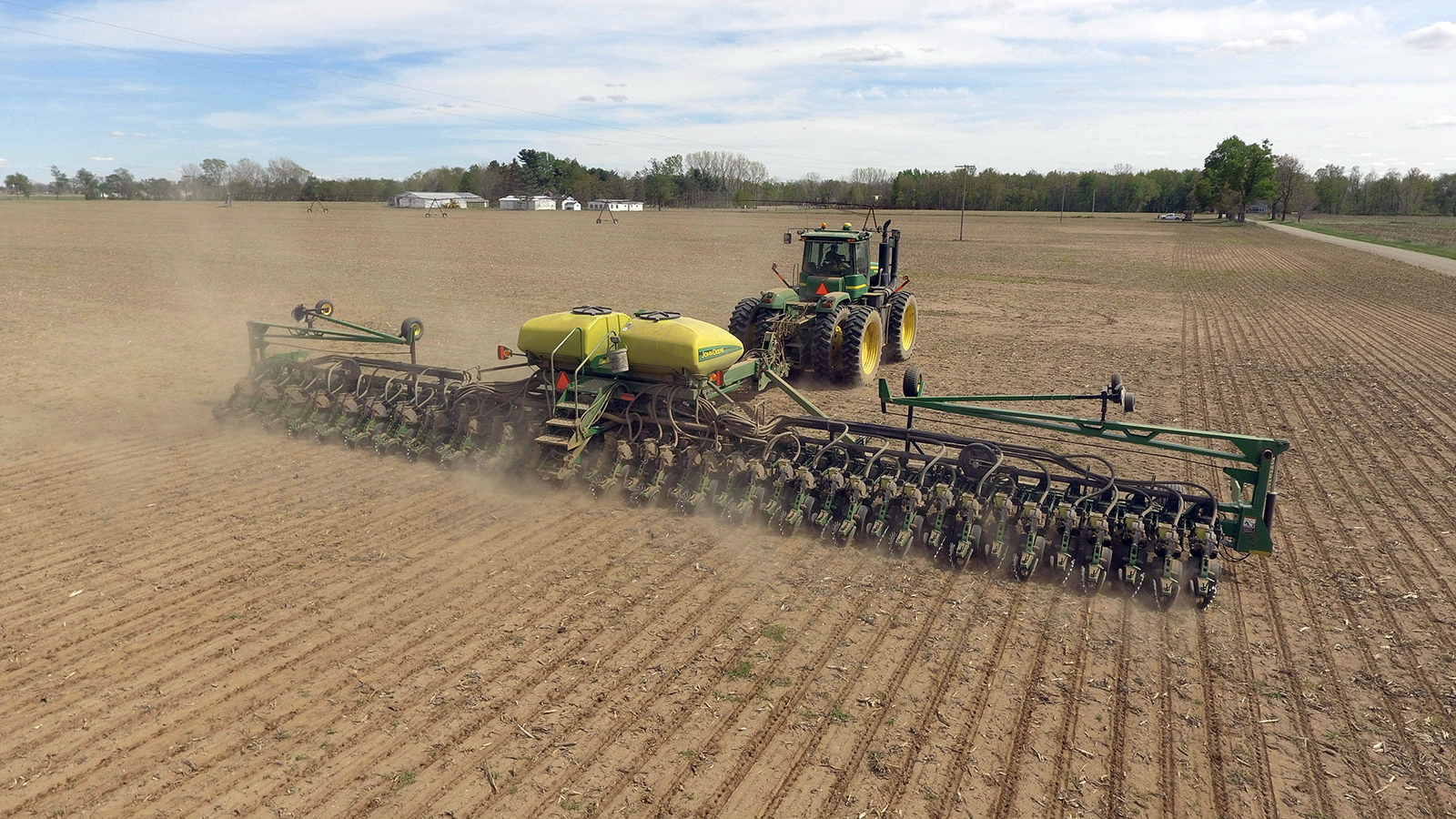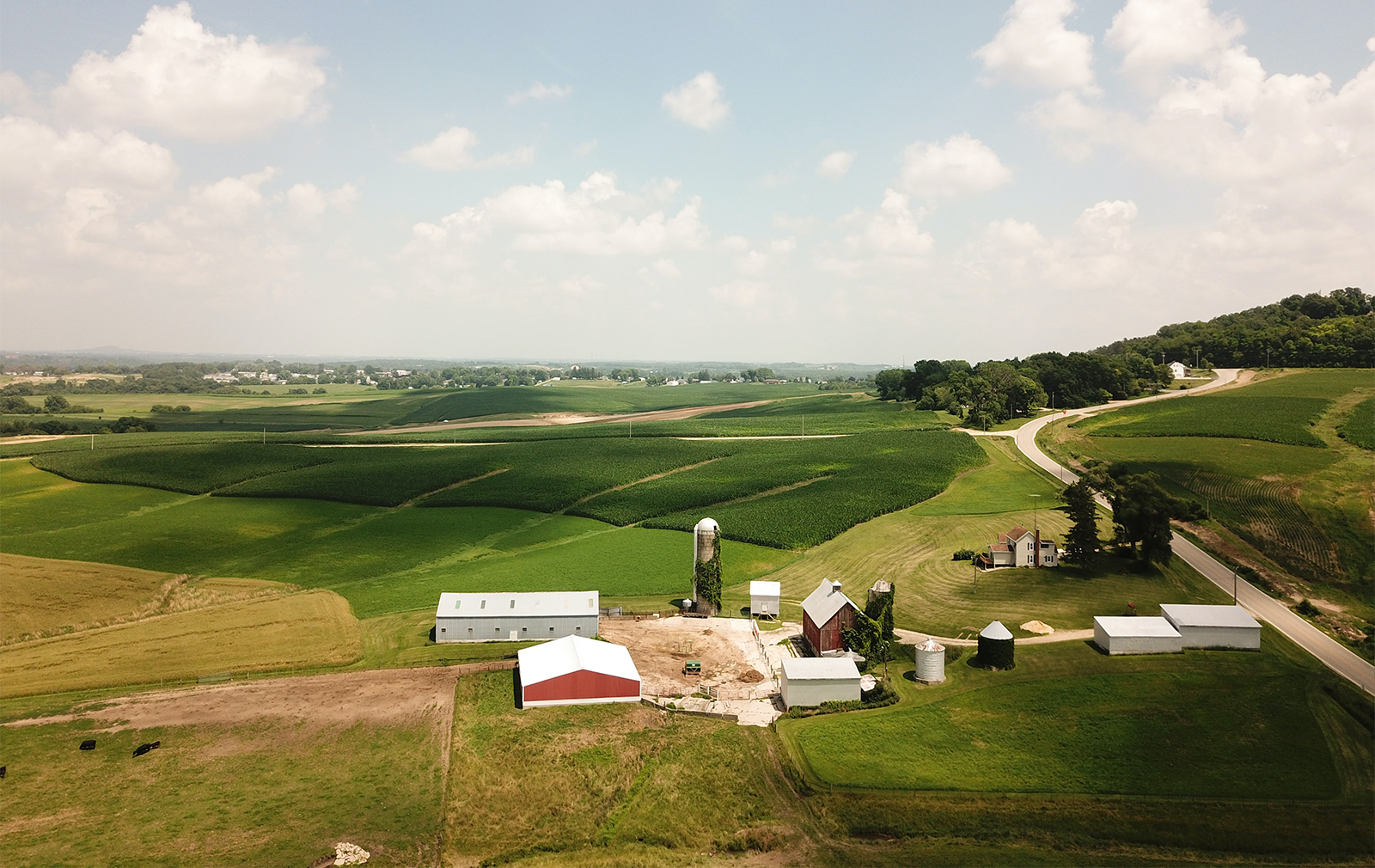
[ad_1]
(RNS) — A few months ago, I preached at our local church. It was Creation Care Sunday (the nearest Sunday to Earth Day). I began my message with the question, “What do you call someone who cares for the earth?” Several responded, but the most forceful came from the back of the church: “Farmers! We are called to be stewards of the earth.”
The response hit the proverbial nail on the head, and I then paraphrased a scripture from Leviticus: “The land shall not be sold in perpetuity, for the land is mine; with me, you are but aliens and tenants. Throughout the land that you hold, you shall provide for the redemption of the land.”
As tenants of the land, we are responsible for caring for God’s creation and using the land as a good steward for this and future generations.
American farmers are also the foundation of a flourishing economy and country. Their generational experience and knowledge of our lands underpin national food security and feed billions of people worldwide every day.
The farm bill directs hundreds of billions of dollars in funding toward necessary food production and distribution measures, from crop insurance for America’s farmers to food assistance for hungry families. It also includes voluntary provisions to improve soil health, increase water quality, conserve wildlife habitats, build resilience to climate-fueled extreme weather and lock away soil-enriching carbon. In addition, there is $20 billion in climate and soil health funding in the Inflation Reduction Act (IRA) to help farmers who want to adopt climate-smart practices — but that funding is currently under threat.
Farmers provide the leadership needed to protect their soil and natural resources, making significant strides through advocacy and policy work. But we need our legislators to step up and deliver. The farm bill and IRA conservation dollars are crucial to combating extreme weather, protecting soil health and bolstering the livelihood of our farmers and rural communities. The desire to protect these conservation programs remains strong in farm communities and beyond.

(Photo by John Reed/Unsplash/Creative Commons)
Over 6 million American evangelicals have acted through the Evangelical Environmental Network (EEN), advocating for actions and policies that honor God’s creation by defending it. Our organization’s guiding principle is that we are all called to be good stewards of our land and the people whose lives depend on it, and the farm bill is a critical way for us to manifest that principle.
Farmers know the land best — and they know the policies that will allow them to be most successful. Recently, EEN met with farmers in Iowa, Minnesota, South Dakota, Michigan and Pennsylvania to hear their priorities for the next iteration of the farm bill. In every state, farmers and people of faith alike overwhelmingly support a bold investment in transformational resilient agriculture research and want conservation benefits to stay fully intact. They oppose efforts to divert conservation funds and weaken the climate-smart and soil health safeguards within the IRA. This is demonstrated by a recent EEN petition supporting the farm bill’s conservation funding, which garnered more than 90,000 signatures nationwide in farm communities and beyond.
A conservation-forward farm bill is critical to protecting God’s creation and defending our children, farmers and families for future generations. American agriculture is under constant attack from changing weather patterns, increased severe weather, storms, hail, drought and floods. Property insurance rates are skyrocketing, and land costs are soaring. Failing to keep the climate improvements in the farm bill is akin to sending a soldier into battle without ammunition.
American agriculture is perhaps our greatest strategic asset, and those on the frontlines deserve all the help they can get to care for creation and supply the nutrition needs for us and the world.
(The Rev. Mitchell Hescox served as president and CEO of the Evangelical Environmental Network for 15 years. In retirement, he serves as an adviser to EEN and other organizations. The views expressed in this commentary do not necessarily reflect those of Religion News Service.)
[ad_2]